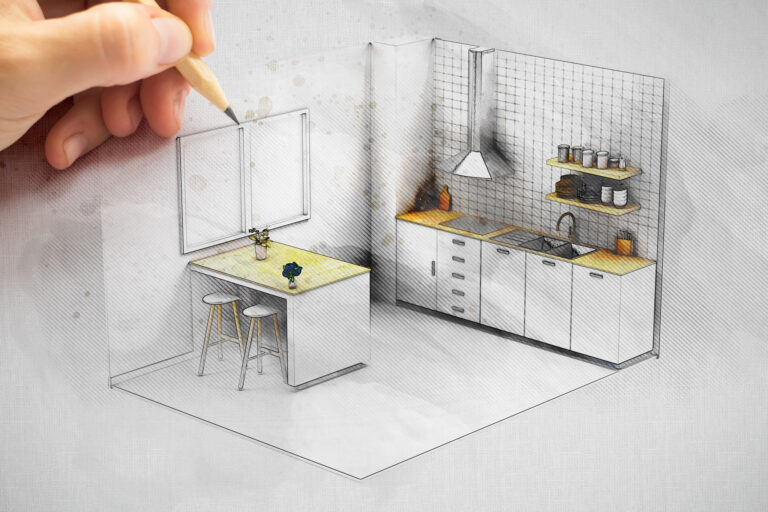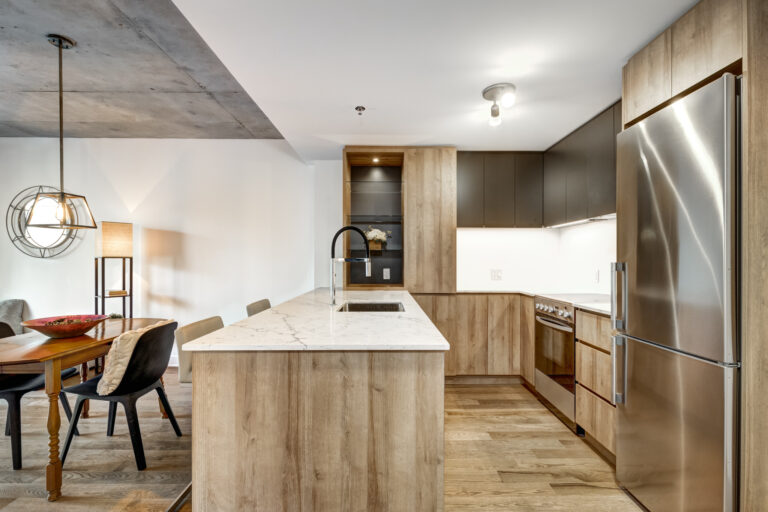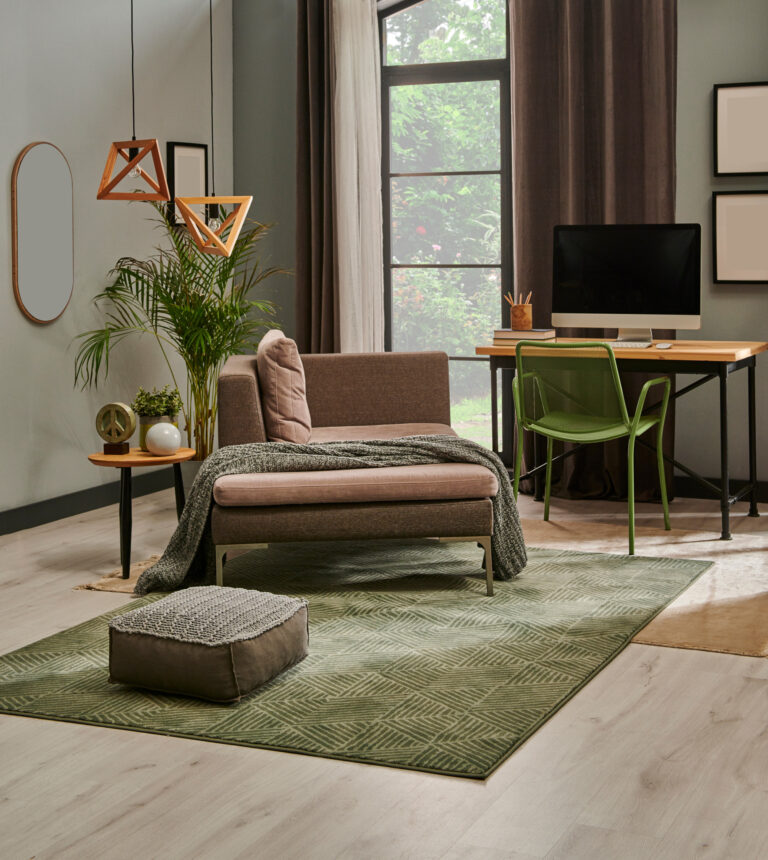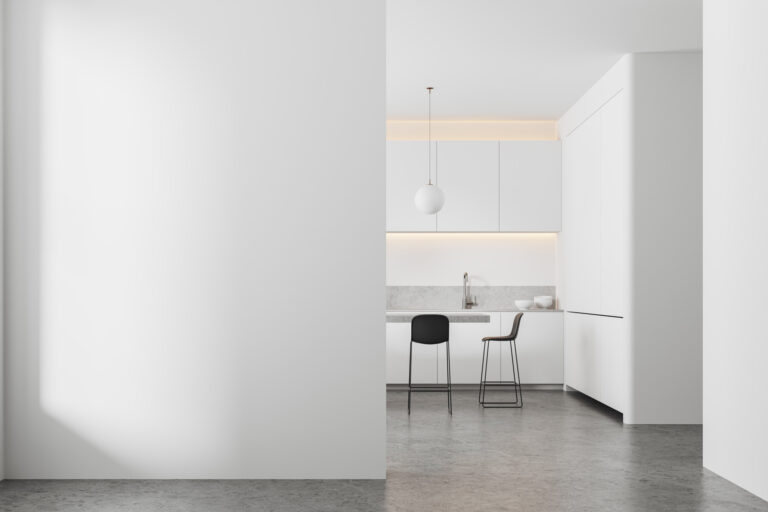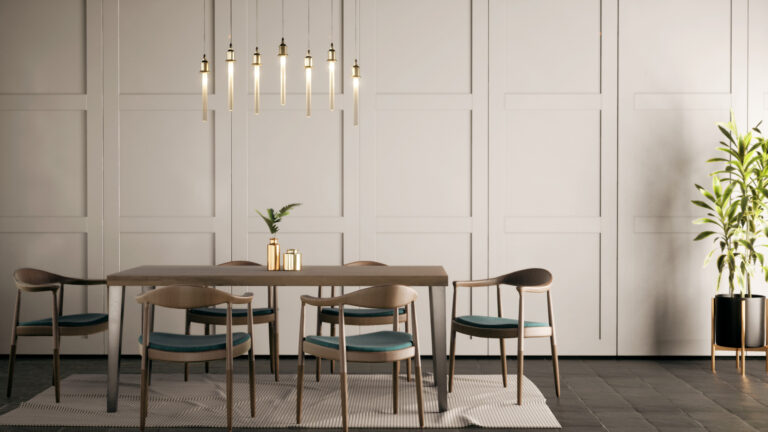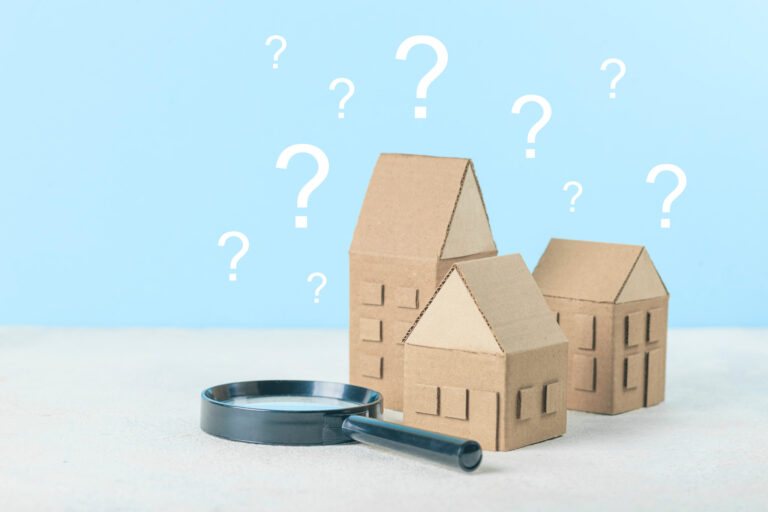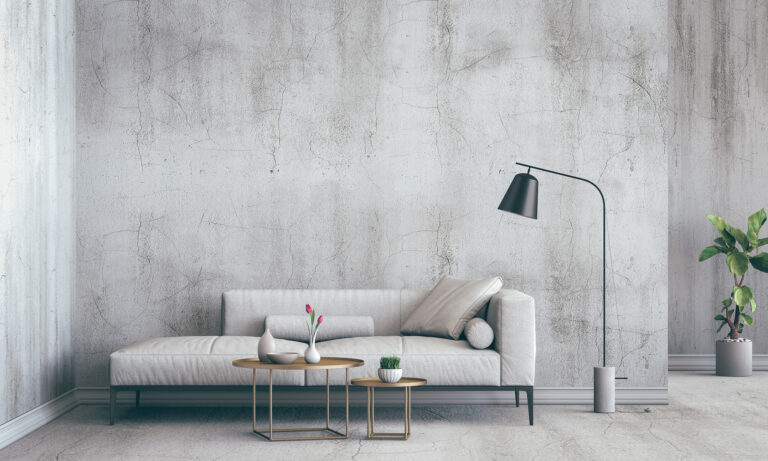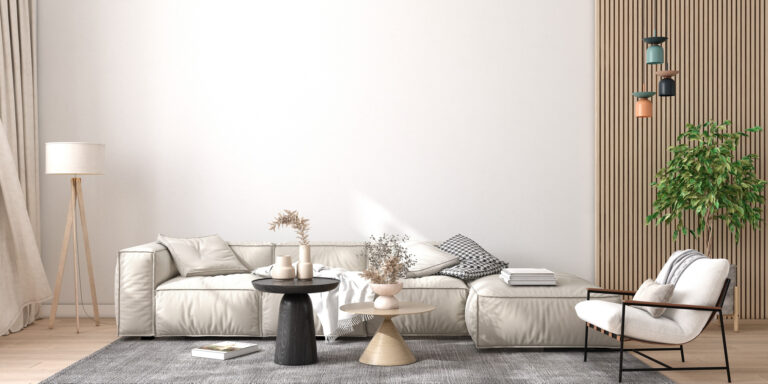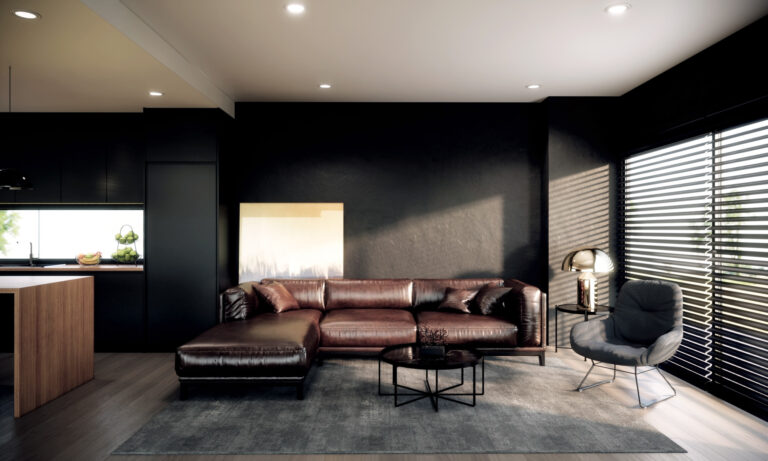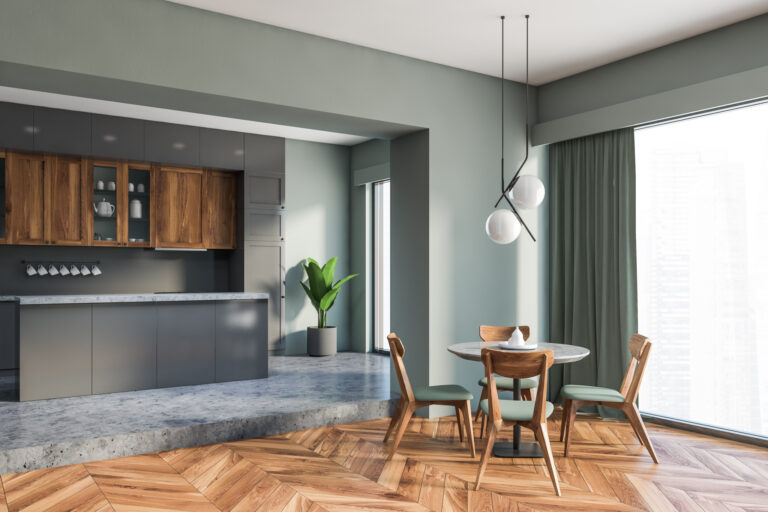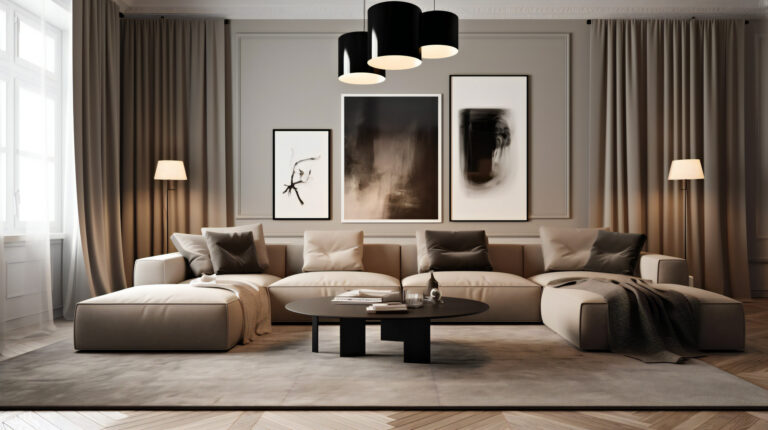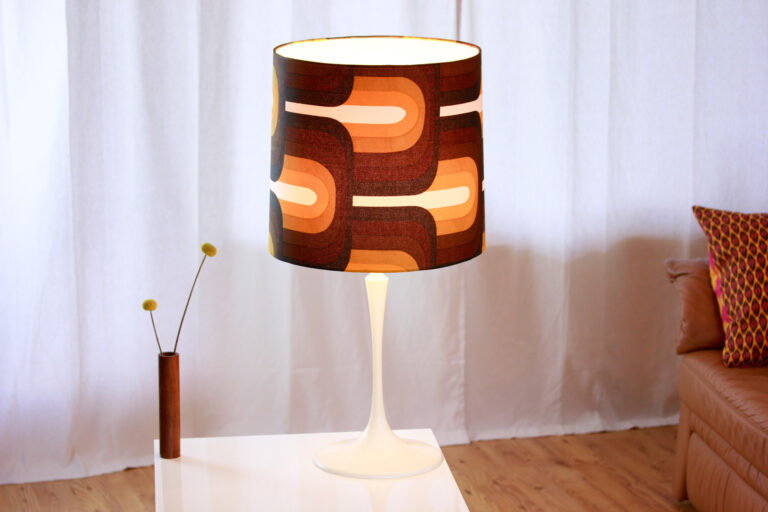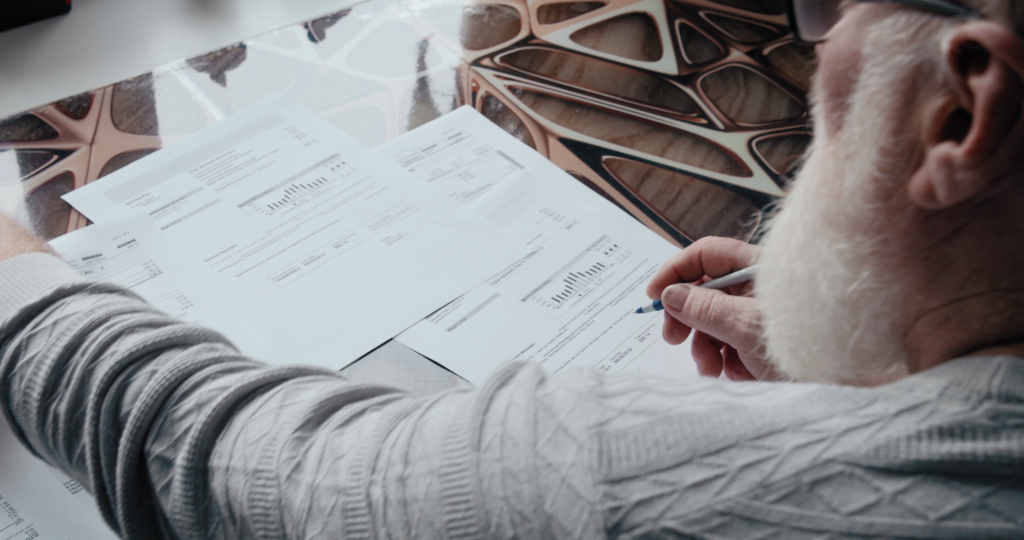
Introduction: In real estate, the term “fixture” is commonly used but often misunderstood. Understanding fixtures is crucial for buyers and sellers as they play a significant role in property transactions. This blog post will explore fixtures, their importance in real estate, and how they can impact property transactions.
What is a Fixture? A fixture is an item permanently attached to a property and considered part of the real estate. Fixtures are typically affixed to the property so that they cannot be removed without causing damage to the property or altering its structure. Common examples of fixtures include built-in appliances, lighting fixtures, plumbing fixtures, and landscaping features.
Importance of Fixtures: Fixtures hold of significant significance in real estate transactions for several reasons:
- Legal Ownership: Fixtures are considered part of the property and are therefore included in the sale unless explicitly excluded in the purchase agreement. Understanding which items are fixtures and which are not helps clarify ownership rights and prevents disputes between buyers and sellers.
- Property Valuation: Fixtures can impact the value of a property. Upgraded fixtures and amenities, such as high-end appliances or custom lighting fixtures, can increase the overall value of a property and may justify a higher asking price.
- Financing and Appraisal: Lenders and appraisers consider fixtures when determining a property’s value. Appraisals consider the quality and condition of fixtures when assessing the property’s worth, which can affect the financing terms offered to buyers.
- Disclosure Requirements: Sellers are typically required to disclose fixtures’ presence and condition to potential buyers. Failure to disclose material information about fixtures can lead to legal liabilities and disputes after the sale.
Classification of Fixtures: Determining whether an item is a fixture or personal property can sometimes be challenging. Courts often use the “intent test” and “attachment test” to determine whether an item is a fixture:
- Intent Test: This test considers the parties’ intent in attaching the item to the property. If the parties intended the item to become part of the real estate, it is regarded as a fixture.
- Attachment Test: This test examines the item’s method and degree of attachment to the property. Items permanently affixed to the property, such as built-in appliances or light fixtures, are typically considered fixtures.
Conclusion: Fixtures are an integral aspect of real estate transactions, impacting property ownership, valuation, financing, and legal obligations. Understanding what constitutes a fixture and how it is treated in property transactions is essential for buyers and sellers to ensure clarity, transparency, and legal compliance. By recognizing the importance of fixtures and adhering to established legal principles, individuals can navigate property transactions with confidence and peace of mind.





















